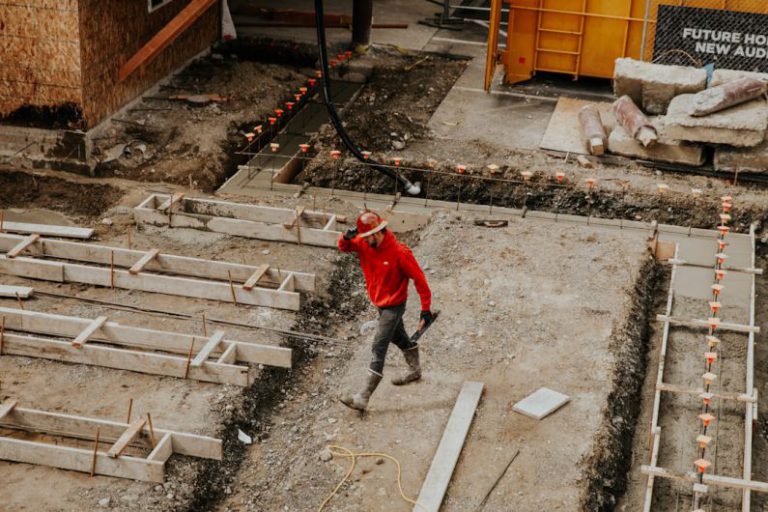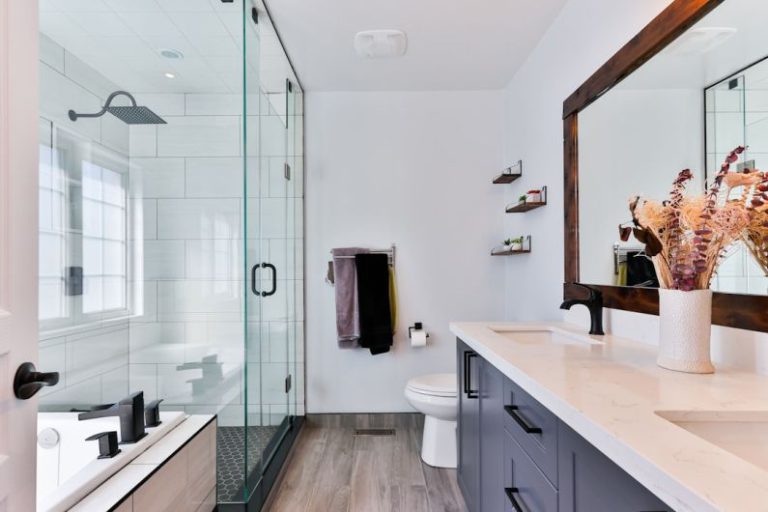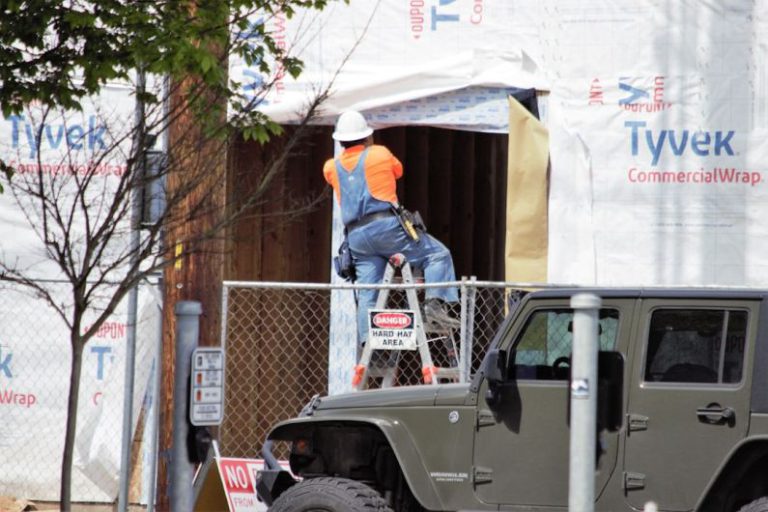
Energy-efficient renovations have become increasingly popular among homeowners seeking to reduce their environmental impact and save on utility bills. By making changes to their homes that improve energy efficiency, individuals can enjoy a range of benefits that extend beyond just cost savings. From reducing carbon footprints to enhancing comfort levels, these renovations offer a wide array of advantages that make them a worthwhile investment for any homeowner looking to upgrade their living space.
Reduced Energy Costs
One of the most immediate benefits of energy-efficient renovations is the significant reduction in energy costs. By improving insulation, upgrading appliances to more energy-efficient models, and installing energy-saving lighting fixtures, homeowners can see a noticeable decrease in their monthly utility bills. While the upfront costs of these renovations may seem daunting, the long-term savings they provide can quickly offset the initial investment.
Improved Comfort and Indoor Air Quality
Energy-efficient renovations also contribute to improved comfort levels within the home. Proper insulation and air sealing help maintain a consistent indoor temperature, reducing drafts and cold spots. Additionally, high-efficiency HVAC systems can provide better control over indoor climate settings, ensuring a comfortable living environment year-round. Furthermore, by reducing energy consumption, these renovations can also lead to improved indoor air quality, as fewer pollutants are released into the home environment.
Environmental Benefits
Beyond the financial and comfort-related advantages, energy-efficient renovations play a crucial role in reducing the environmental impact of residential buildings. By lowering energy consumption, homeowners can decrease their carbon footprint and contribute to a more sustainable future. With the growing concern over climate change and environmental degradation, making energy-efficient upgrades to homes is a proactive step towards mitigating these pressing issues.
Increased Property Value
Another compelling benefit of energy-efficient renovations is the potential increase in property value. In today’s real estate market, energy efficiency is a highly sought-after feature among prospective homebuyers. By investing in energy-efficient upgrades, homeowners can enhance the appeal and marketability of their property, potentially leading to a higher resale value. Energy-efficient homes are often viewed as more desirable and can command a premium price compared to non-efficient properties.
Enhanced Durability and Longevity
Energy-efficient renovations are not only beneficial for reducing energy consumption and costs but also for improving the durability and longevity of the home. Upgrading to energy-efficient appliances and fixtures typically results in higher-quality products that are designed to last longer and require less maintenance. By investing in these upgrades, homeowners can enjoy a more resilient and sustainable living space that will continue to provide benefits for years to come.
Health and Well-being
The health and well-being of occupants are also positively impacted by energy-efficient renovations. Improved indoor air quality, regulated temperature levels, and reduced exposure to harmful pollutants can lead to a healthier living environment. This is particularly important for individuals with respiratory conditions or allergies, as energy-efficient homes can help alleviate symptoms and create a more comfortable and healthy indoor atmosphere.
Final Thoughts: Making the Switch to Energy Efficiency
In conclusion, energy-efficient renovations offer a multitude of benefits that extend far beyond just cost savings. From reducing energy costs and environmental impact to improving comfort levels and property value, these upgrades provide homeowners with a range of advantages that make them a worthwhile investment. By embracing energy efficiency and making sustainable choices for their homes, individuals can not only enjoy a more comfortable living environment but also contribute to a greener and more sustainable future for generations to come.





